By Vivian Elion, Impact Officer at Moyee Coffee
Who would have guessed that one of the world’s largest cosmetics brands and a game-changing Amsterdam coffee company would have so much in common? And maybe it’s just coincidence that L’Oréal unveiled a progressive sustainability agenda in the same year that Moyee was founded to radically change the global coffee chain in 2013. But when the two brands finally met they quickly discovered that they’d been walking the same positive impact path since 2013. Both wanted to revolutionize their industries by calculating their impact based on the entire value chain – from raw commodities and packaging materials to carbon footprint, recycling and employment in developing countries.
Back in 2013, L’Oréal was the first cosmetics company to seriously consider the entire value chain. Fast forward to 2018 and those impact investments paid off. During that time, L’Oréal reduced its carbon footprint by 77% compared to 2005, even as it increased production by 38%. Today, L’Oréal continues to prove that sustainability and growth can go hand in hand. In a virtual interview with L’Oréal Netherland’s Sustainability Manager Ana Lee, we talk about circularity, sustainability labels and impact in a cup.
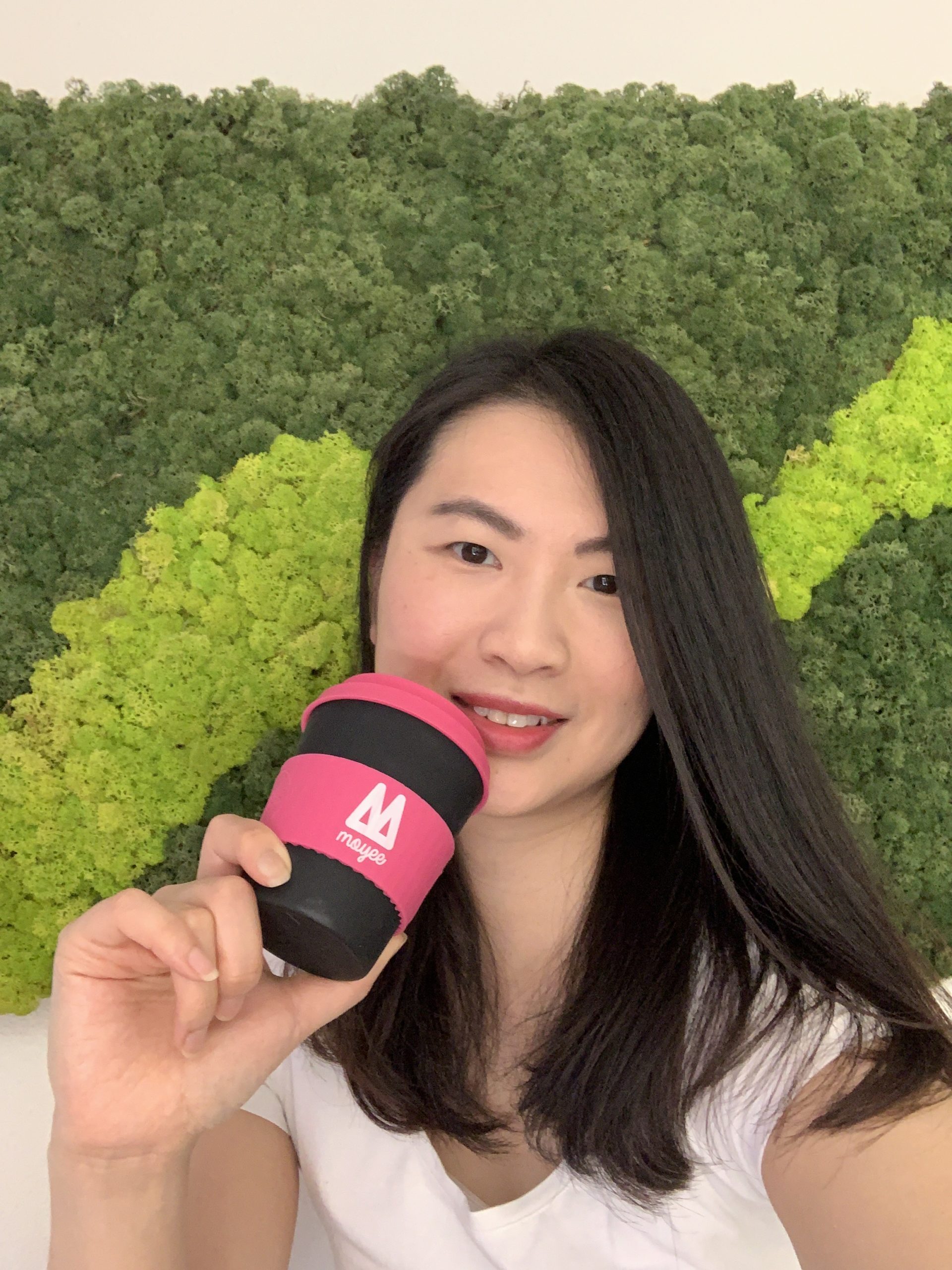
What makes companies like L'Oréal and Moyee unique is the way they integrate raw material sourcing, production and transportation into their impact agendas.
By drinking Moyee we are able to make a positive impact without having to compromise on quality or taste.
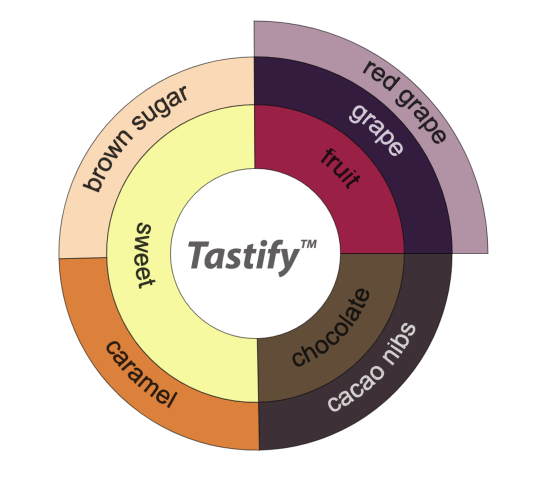
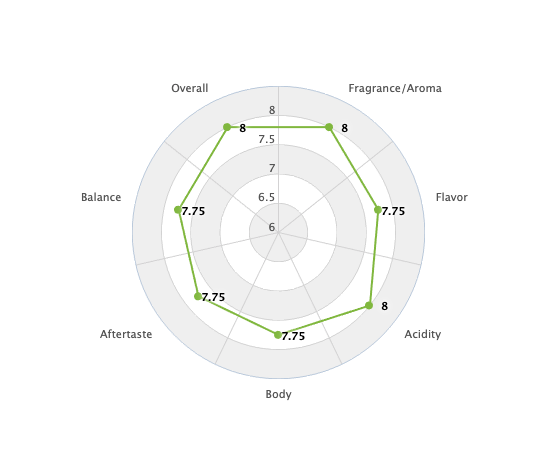
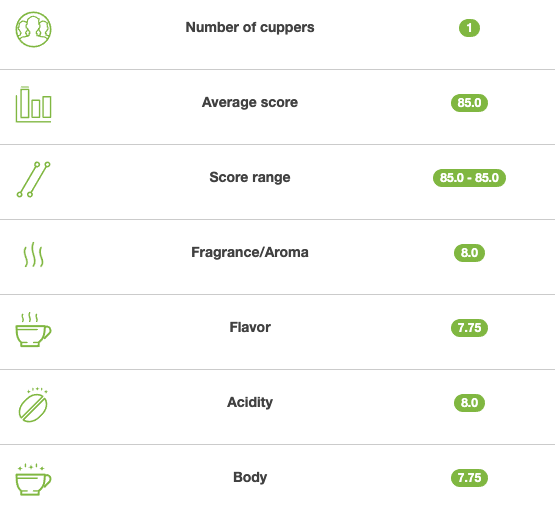
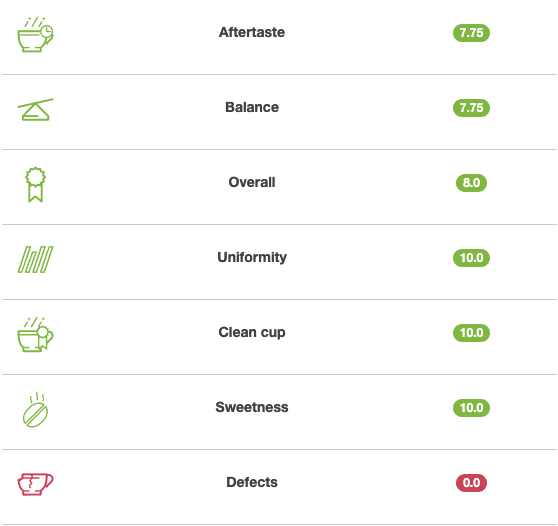
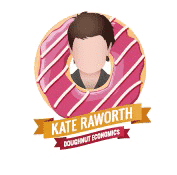 Our website uses cookies 🍪 but actually our model is a doughnut! 🍩 We'll assume you're ok with us using cookies to improve your browsing experience, but you can opt-out via thePrivacy Policypage if you wish.
Our website uses cookies 🍪 but actually our model is a doughnut! 🍩 We'll assume you're ok with us using cookies to improve your browsing experience, but you can opt-out via thePrivacy Policypage if you wish.